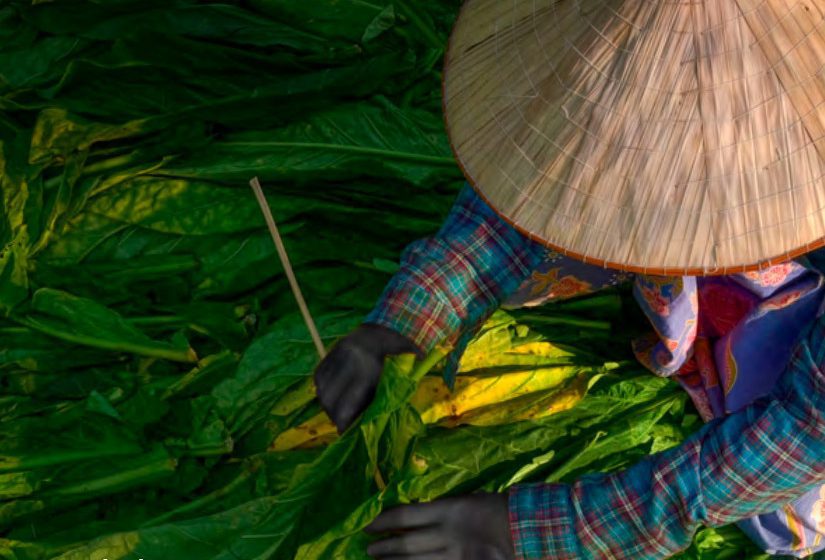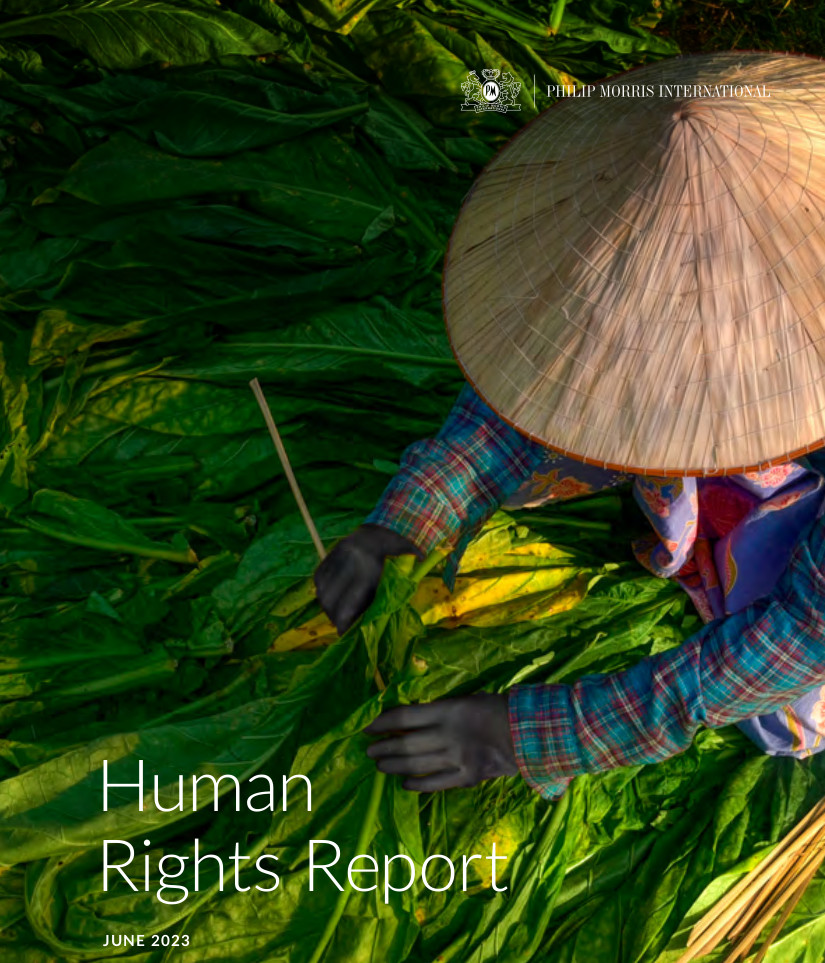The Subcommittee for the Defense of the Tobacco Supply Chain, linked to the Committee on Agriculture, Livestock, Fisheries and Cooperatives of the Rio Grande do Sul State Assembly, promoted the first of 10 meetings to be held in the interior of Rio Grande do Sul with the aim to debate and see to the future and to the economic and social importance of the sector as well as for collecting data and evidences to formulate and forward the positioning of Rio Grande do Sul with regard to the provisions of the 10th Conference of the Parties (COP10) to the World Health Organization Framework Convention on Tobacco Control.
The working meeting brought together approximately 300 people at the City Council Hall in Santa Cruz do Sul, including representatives of the supply chain, authorities, politicians and entrepreneurial leaderships. The premise was presented by deputy Marcus Vinicius de Almeida, coordinator of the subcommittee.
“We want to give voice to those who frequently are judged without right to their defense. We cannot afford to allow people who do not know the reality of the farmers to dictate the future of our municipalities,” he said. According to the deputy, the committee will hold meetings in 10 municipalities, listening to farmers and companies.
State Deputy Elton Weber presided over the meeting and prompted the debates. “We know that the federal government will have a seat at the COP, and it is our intention to define, in unified fashion, with all entities linked to the sector, our firm stance. It is an attempt to prevent ideological positions, but positions in accordance with what the sector produces and related to the everyday activities of the sector,” Weber said. The deputy mentioned that the ministries had been invited to participate and regretted the absence of their representatives.
Interstate Tobacco Industry Union (SindiTabaco) President Iro Schuenke spoke about his expectation for the upcoming months. “We have plenty of work ahead of us; what we have witnessed in other editions is that the supply chain is simply ignored. Brazil, due to its global leadership position, should be an advocate of the supply chain. Unfortunately, it is not what we have seen while the measures of the Framework Convention are always immediately applied in our country. This is the speed that our subcommittee now needs. We need to work quickly to finish the report before August so that we are effective in our provisions sent to Brasilia. Support from all is necessary, but in Brasilia. Political pressure is the only manner for us to move forward,” Schuenke concluded.
“The Framework Convention on Tobacco Control is the worst dictatorship I know, where the real interested parties are not allowed to take part in the debates,” said Schuenke at a public hearing requested by federal deputy Alceu Moreira on June 15 at the House of Representatives in Brasilia. “The [ideas] we normally hear, and there are many of them, especially in the area of health, have to be rebutted with facts. It is the case of the pitiable campaign we saw on May 31, where a child is sitting in front of a dinner plate full of cigarette ash. It is an aggression to the child and to the tobacco sector, which produces a licit crop that generates income and jobs for millions of Brazilians and is a protagonist in sustainable production, the so-called ESG. My intervention is to discover what stance the Brazilian delegation will adopt at the upcoming COP10 meeting and warn about the consequences from a poorly conducted positioning at the COP.”
The public hearing was attended by representatives of the Ministry of Foreign Affairs, the Ministry of Agriculture and Livestock and the Ministry of Agrarian Development and Family Farming. The Ministry of Health did not attend the public hearing but sent a note, which stated that the ministry declined the invitation because the World Health Organization has not yet disclosed the agenda for the COP10, which is supposed to occur in August in Panama, thus making it “unnecessary” for the ministry to take part in the debates.



















